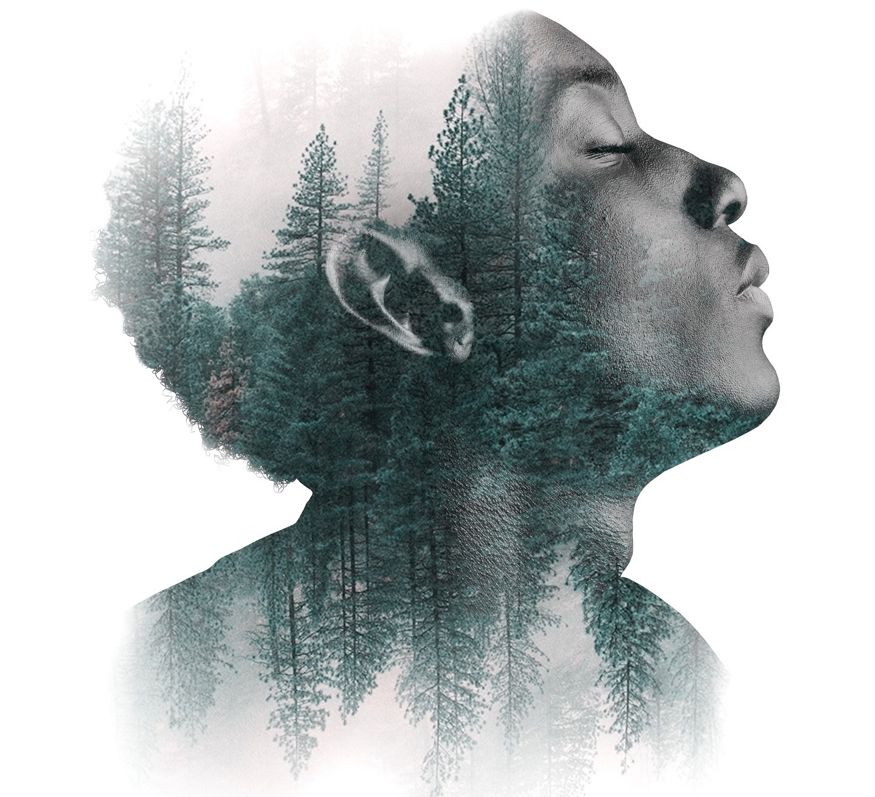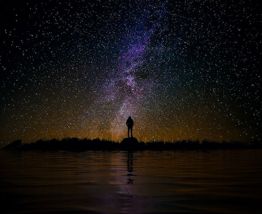Enrol in an online course today for flexible, self-paced learning—no fixed schedule required. Plus, enjoy lifetime access to course materials for convenient revisiting.
Climate Breakdown: The Anxious and Fearless Therapist

Any psychotherapy training worth its salt expands the practitioner’s capacity to be mindful of their body/mind reactions and emotional states and sets them on a path for further lifelong self-discovery. This is in service of the practitioner’s work in a ‘good-enough’ way, which of course means navigating failure, recovery and repair.
What of anxiety? We have a thought but find ourselves afraid to speak it. We feel the anxiety in our bodies and don’t know why. We get curious. Whose feeling is it – mine? – the client’s? The therapist feels into the anxiety because it is part of the work, to process and then break an impasse with a word, a gesture, maybe just a sigh.
We are still learning from Covid that the therapeutic space involves changed worlds. We needed to acknowledge an overwhelmingly shared crisis, as we Zoomed rather than met in person (it would have been ‘mad’ not to), yet hold the space for difference in experience and the experience of that difference.
In the aftermath of Hurricane Katrina, many therapists left New Orleans never to return. Those that did, resumed their practices in adverse circumstances, their own homes damaged and leaking. One wrote of a change of frame as they lived through the mopping up exercise. The rarity and understandable unpredictability of tradespeople meant that it was ordinary for both client and therapist to have phones switched on and end a session if the plumber called.
With the present and future evolving threats of climate breakdown we are all in a space of collective trauma, of #metoo. Both client and therapist share the environment of existential crisis. It’s hard not to feel anxious when the language of reports assails us, with phrases like ‘the global climate target is on life support’, ‘liveable planet’ and ‘tipping points’.
The preferred term for the whole range of eco-emotions is ‘eco-distress’, covering grief, sadness, guilt, anger, solastalgia, anxiety and so much more in the kaleidoscope.
Secretly, I still like the term ‘eco-anxiety’. It evokes threat (which is real). It’s easy enough to explain that eco-anxiety is a catch-all term covering very many emotional reactions. ‘Distress’ seems too mild for me, a self-limiting state. Such is the nature of climate breakdown that we will be inhabiting anxiety and all the eco-emotions for the rest of our lives. Or, perhaps, it is an allowing of them to inhabit us.
At a recent literary festival, travel writer Philip Marsden, spoke of a sea voyage that had some risks. He was asked whether he had got over his “sea-anxiety”. He said that he couldn’t be a good sailor without it! We need our eco-anxiety because, as with all our eco-emotions it comes from eco-empathy, our connection to the natural world and our part in it.
We need our eco-anxiety and its fellow feelings to be available in the therapeutic space. The fearlessness is in the ongoing knowing of these in ourselves, in speaking to those in the client, facing difficult truths together, factual and emotional. Fearlessness is in moving beyond the paralysis that anxiety can cause. Fearlessness is in finding ways to hope that are tough and sinewy, perhaps ethical hope (Vaclav Havel), stubborn optimism (Christiana Figueres), radical hope (Jonathan Lear), Rebecca Solnit’s Hope in the Dark.
The fearlessness of the therapist is also in not being afraid to move beyond traditional therapeutic space to make psychologically informed contributions to systemic change that might, just, create a meaningful more sustainable future. A new project Living with the Climate Crisis does just that.















